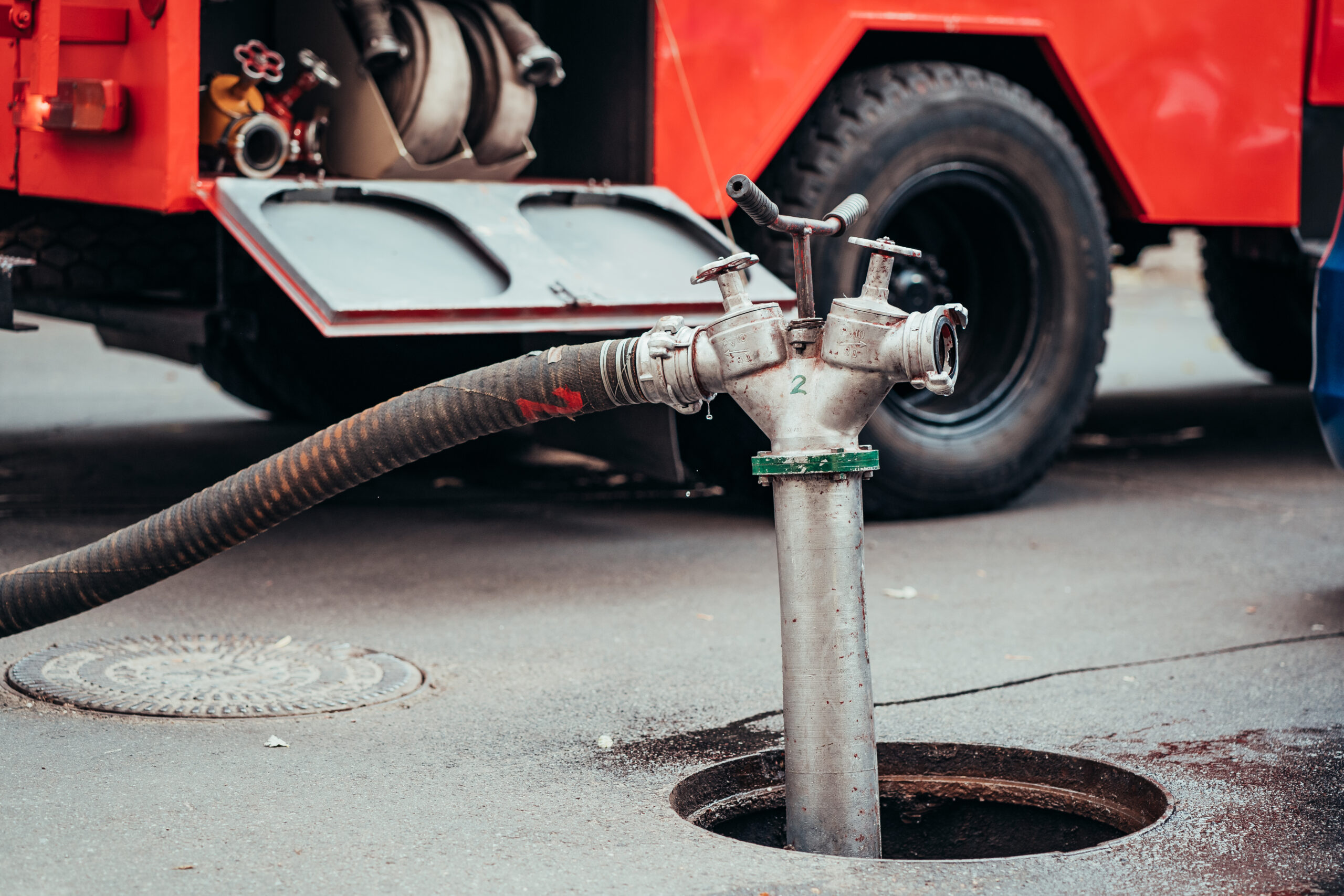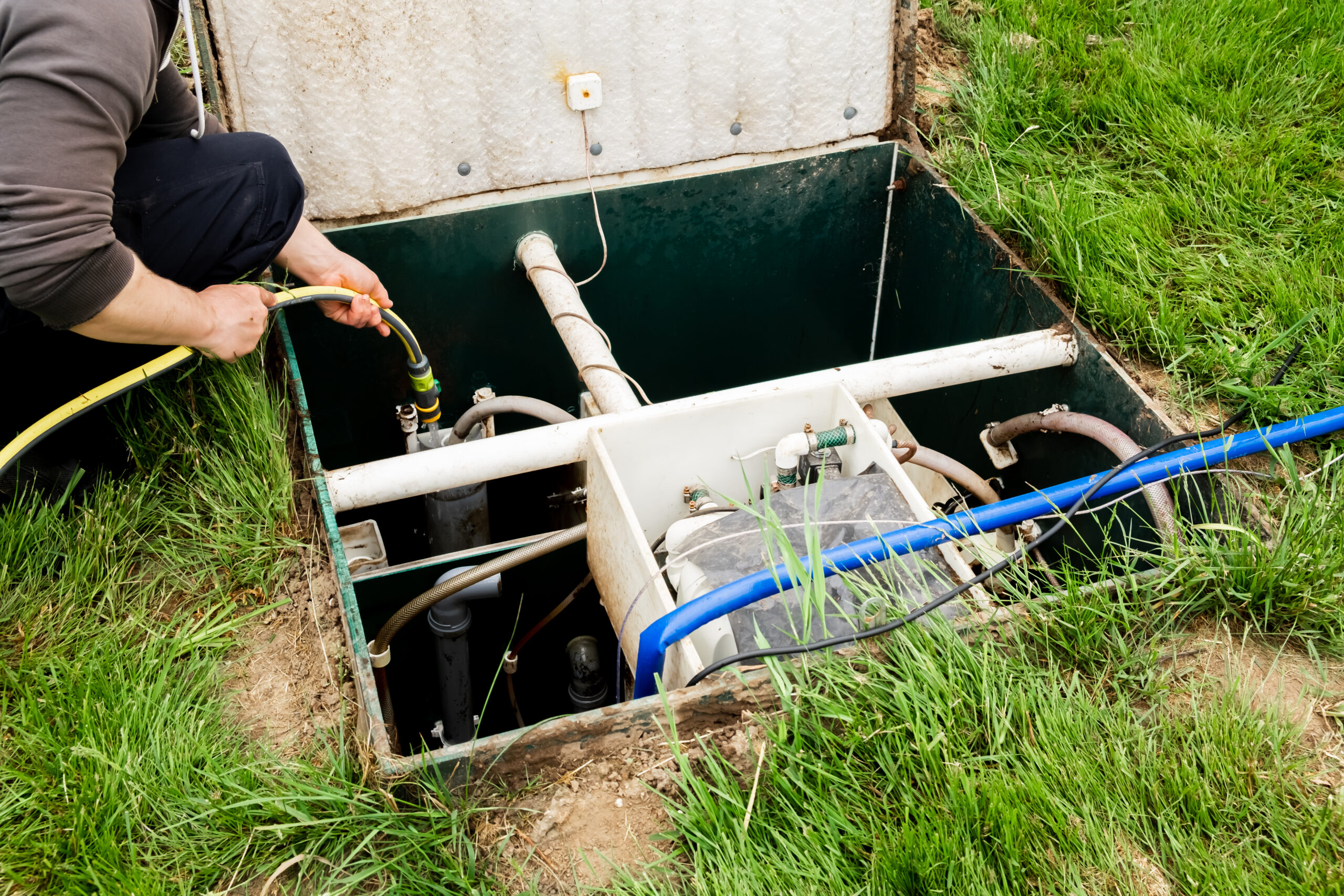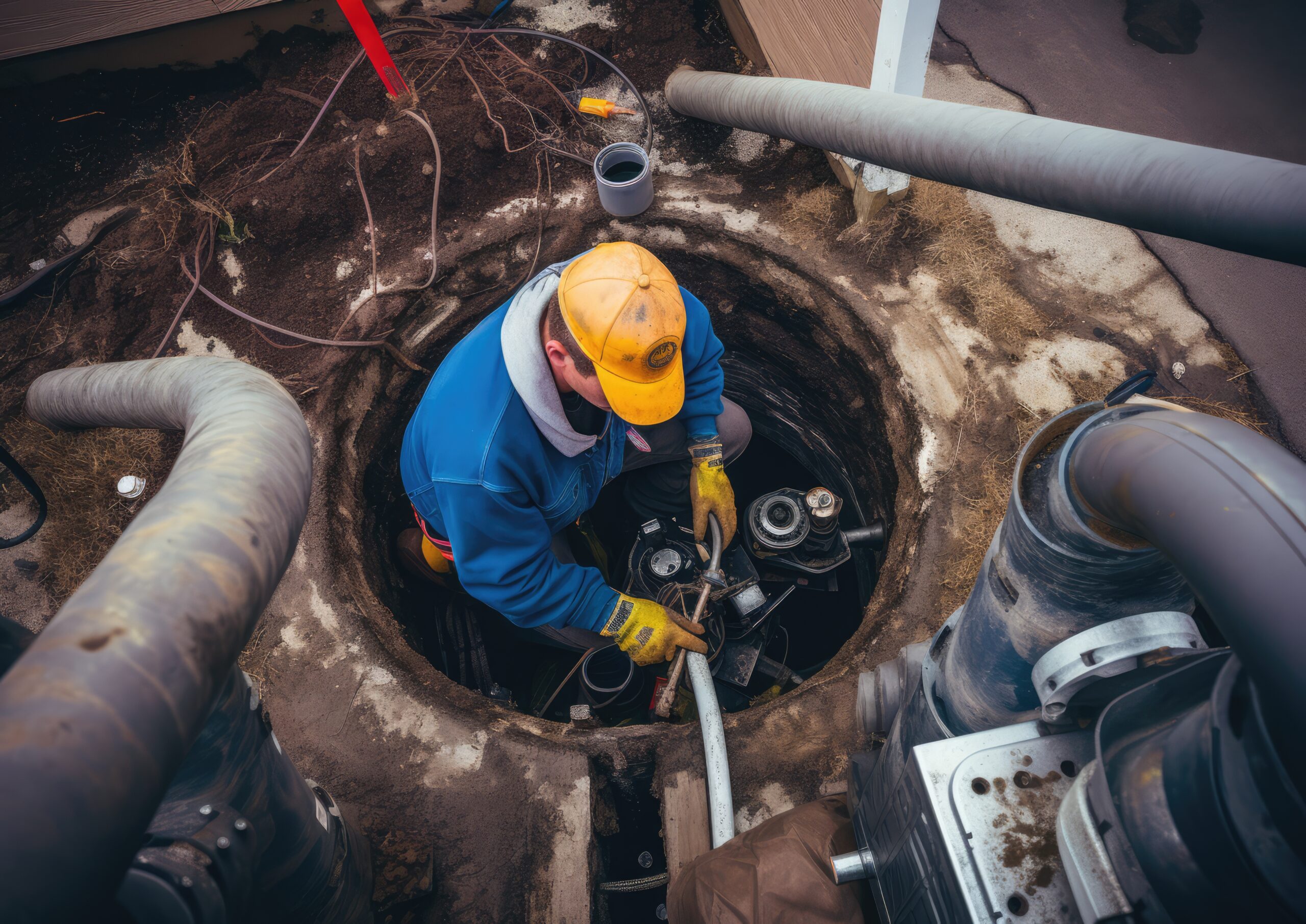Regular septic tank pumping is essential for preventing costly repairs, backups, and system failures in both residential and commercial properties. Understanding how frequently to pump your septic tank helps maintain system health and supports efficient waste decomposition and water drainage. With guidance from experts like Septic Masters, homeowners can manage their systems more effectively and avoid major plumbing problems.
Why Septic Tank Pumping Is Necessary
Every septic system accumulates solid waste over time, which settles at the bottom and reduces overall capacity within the tank. Without regular septic tank pumping, solids build up excessively, causing blockages, backups, and damage to the drain field and internal plumbing. Proper maintenance keeps your septic system functioning efficiently, preserving the lifespan of your entire wastewater setup.
Recommended Septic Pumping Frequency
According to industry standards, most residential systems require septic tank pumping every three to five years depending on household size and usage. Larger households with higher water usage may need annual pumping, especially if multiple bathrooms and appliances contribute to heavy system demand. Septic Masters recommends scheduling inspections every two years to assess whether pumping is immediately necessary.
1. Household Size and Water Usage
Larger families use more water daily, which fills the tank faster and increases the need for more frequent septic pumping. Households with five or more members often require pumping every two years to prevent system overloads. Using water-saving appliances and spreading out laundry loads helps manage wastewater volume and extends the time between pump-outs.
2. Size and Age of Septic Tank
Smaller or older septic tanks tend to reach full capacity faster, requiring more regular pumping to maintain proper function and prevent backups. Newer, high-capacity tanks may handle more waste but still require monitoring to ensure sludge and scum layers don’t exceed safe levels. Septic Masters suggests keeping detailed service records to track tank condition and pumping schedules effectively.
3. Wastewater Composition and Household Habits
Using excessive chemicals, grease, or non-flushable items increases solid waste levels and necessitates more frequent pumping. Septic-safe habits, such as avoiding antibacterial soaps and minimizing food waste down the drain, promote bacterial activity. Proper waste disposal and cautious water usage reduce strain on the system and lower the need for emergency pumping services.
Signs That Indicate Your Septic Tank needs immediate pumping
Some signs suggest your system needs immediate septic tank pumping to avoid irreversible damage or hazardous situations in and around your home. Slow drains, foul odors, gurgling toilets, and water pooling in your yard all signal system overload. If raw sewage backs up into sinks or showers, it’s a clear emergency requiring professional intervention from companies like Septic Masters.
1. Foul Smells Indoors and Outdoors
Persistent sewage smells coming from drains, toilets, or the yard may indicate that your tank is overdue for septic pumping. These odors suggest that waste has risen too close to the surface, creating hazardous gases and possible contamination. A prompt response protects your property and restores safe, sanitary conditions.
2. Pooling Water and Lush Grass Above Drain Field
When water pools above your drain field or grass becomes unusually green, your septic system may be saturated and malfunctioning. Excessive waste accumulation causes this issue, signaling that your tank needs immediate pumping and inspection. Septic Masters provides emergency services to resolve such concerns before they escalate further.
Benefits of Pumping Your Septic Tank Timely
Regular septic tank pumping provides long-term benefits by preventing system overload, supporting effective waste decomposition, and extending the lifespan of your tank. Timely pumping keeps sludge levels manageable, reducing the risk of backups and minimizing stress on your pipes and drain field. Septic Masters recommends incorporating routine pumping into your home maintenance plan for peace of mind.
1. Cost Savings and System Efficiency
Investing in scheduled pumping prevents costly repairs and emergency service calls caused by clogs or drain field failure. Efficient waste removal helps your system operate at peak performance, reducing water-related issues and the likelihood of backups. Septic Masters offers budget-friendly service packages to support consistent maintenance without breaking the bank.
2. Environmental Protection and Health Safety
A well-maintained septic system protects the surrounding soil and groundwater from contamination due to overflow or leakage. Regular septic tank pumping ensures waste remains contained and processed properly, supporting environmental health and household safety. By preventing hazardous backups, homeowners also protect their families from exposure to harmful bacteria and pollutants.
Conclusion
Knowing how often to schedule septic tank pumping protects your system, your property, and your family from avoidable plumbing disasters. With guidance from Septic Masters, homeowners can develop a customized maintenance schedule based on tank size, household habits, and water usage. Regular pumping ensures optimal system performance, long-term savings, and a safe living environment for everyone involved. Notice any warning signs of a full septic tank? Don’t wait for a messy backup—contact Septic Masters today for fast, affordable, and professional septic tank pumping services.




